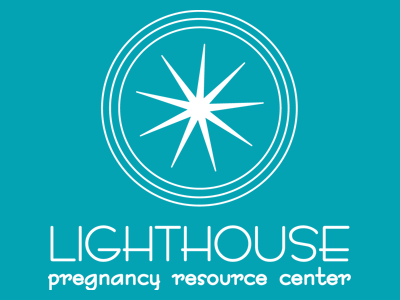
27 Jun When Am I Most Likely to Get Pregnant?
Understanding when you’re most likely to get pregnant gives you insight into your reproductive health. When you’re informed, you can make healthy decisions and prepare as much as possible for the future.
Lighthouse Pregnancy Resource Center is a safe space to have your questions answered. Contact us today to learn more about our no-cost, confidential services.
Timing is Everything
You cannot get pregnant if you are not ovulating. Ovulation occurs when a mature egg is released from the ovary and remains in a fallopian tube for 12-24 hours. During this window of time, it can be fertilized by sperm.
If you have a typical 28-day menstrual cycle, ovulation usually occurs around 14 days before your next period begins. However, getting pregnant outside of those 12 to 24 hours is possible. This is because sperm can live for as long as 5 days after sexual intercourse (depending on the conditions).
If you are not ovulating, you cannot get pregnant. Your ovary is not releasing an egg, so there isn’t anything for the sperm to fertilize.
How Can I Track Ovulation?
Every woman’s cycle length is different, so keeping a menstrual calendar is one way to determine when you’re most likely to ovulate. Over-the-counter ovulation tests can also detect the increase in hormones that occur beforehand.
Paying attention to your body’s natural changes is important. Signs of ovulation include:
- Change in basal body temperature: your body’s resting temperature increases slightly before ovulation. You can track this temperature every morning before getting out of bed and are most fertile 2-3 days before it rises. Monitoring your temperature over a period of several months helps you better understand when you ovulate.
- Changes in cervical mucus: Before ovulation, you may realize your cervical mucus is increasingly clear, wet, and stretchy. After ovulation, it will thicken.
Remember, unprotected sexual intercourse can result in an unexpected pregnancy. However, contraception can fail, so the only way to prevent pregnancy is to abstain from sexual intercourse.
If you have further questions about pregnancy or a specific health concern, speaking with a healthcare provider is essential. You deserve to stay informed!
If you’re having pregnancy symptoms like a missed period, nausea, or fatigue, Lighthouse Pregnancy Resource Center can provide no-cost pregnancy testing and an ultrasound to confirm your pregnancy medically.
Here to Answer Your Questions
Wondering whether you’re pregnant? We’re here for you with answers and information you can trust.
Schedule a no-cost, confidential appointment today. You are our priority.

